Hilary Mantel Interview: Dead Babies
Peter Breedveld
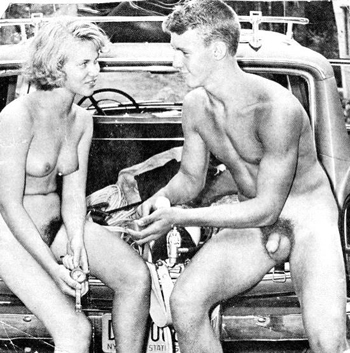
Is there a broader vision that you are trying to convey in your books?
“That maybe, but I’m not sure. Maybe I am writing to find it out. I usually don’t know what I think, until I’ve written it down. My novel tells it to me and sometimes I am surprised by what it tells me. If you have just read my novels, and you’re going to meet me, you wouldn’t know who you’re going to meet. My world doesn’t feel dark to me, it feels normal to me.”
Really? How do you get up in the morning?
“It does feel normal. As a child a lived with a very high degree of fear. Once you’re an adult you have more control. You’re not a victim all the time. And so my novels don’t depress me. They exhilarate me. If you could see the process of writing, you think of something particularly horrible and you go: Yes! Hahaha! I suppose my trade is to push people a little further than they want to go and of course the humour helps towards that. Because people laugh and then they think: but should I be laughing? If you know you created that reaction in a reader, then again you created this ambiguity.”
Often it is an uneasy laugh.
“Absolutely. Laughter in the dark. Is the way I think of it.”
Why do so many babies die in your novels?
“They do, don’t they? I’ll stop that. I will make sure that it never happens again. Those deaths are treated in all sorts of different ways, obviously. Ehm… I promise not to it again. You don’t want something like that to become your trademark. I’m sure it’s not the only recurring motive in my novels. But when you’re writing a novel, your other novels are far from your mind and it’s only afterwards that you realise that you actually have been there before, but with a completely different feel to it. It’s not something I consciously did. But now that I am aware of it, I’ll make sure it doesn’t happen again.”
“In my memoir I explain about a book of mine that didn’t get published when it was first written. And during the period that the book was in a state of becoming as it were I had these long series of dreams in which I was a midwife and I was responsible for the death of a child. There’s a shifting metaphor going on here, isn’t there. I don’t want to push this metaphor of working on a book as carrying a child, but in some ways, when you have a proliferation of ideas, you’re always conscious of selecting some and not others. Books are not born, as it were, they do linger around as unborn children. It’s all about potential. You never know what it might have become. But you decide it’s not going any further for one reason or another.”
You write somewhere that ever possible choice is a reality that could be. Al these realities keep existing alongside eachother.
“That’s what I make a point of in my autobiography, this notion of a ghost. Not just in the sense of spirits of dead people, but also the choices you didn’t make, and the paths you didn’t go down, and the ghost of your own potential self in a way. Because if you have made choice B instead of choice A, you will be a different person. And what dictates the choice is sometimes so small, so incidental. Of course a novelist is bound to be fascinated by this.”
“Something that haunts my fiction is the death of one of my schoolmates when she was nineteen. She was killed on the road, not very far from here. I think and think about it. I wrote a very early story which mentioned it. I never put it into a book, but I think and think about the point where she was on the pavement, and then the point where she was in the traffic, and that tiny, tiny point in between and how it could have been different. She’s one of these people who go on in my mind. I always think about her, what would she have become, how the world would be if she were sitting in that chair. So I think you become preoccupied by this moment by moment contingency. The chance, the accident.”
“What it is, I always try to secure the very moment when things change. This node, this alchemical point, where one thing transforms into another and can’t be turned back.”
This is the fourth part of my big Hilary Mantel interview. See also the first, second and the third part. Next time the conclusion: the male psyche.
boeken, English, Peter Breedveld, 16.04.2010 @ 07:56
2 Reacties
op 18 04 2010 at 16:20 schreef leo schmit:
Twee punten hieruit nu je ons toch met zo aan het denken zet met Mw Mantel.
‘Because if you have made choice B instead of choice A, you will be a different person.’
Nou dat gaat mij wat ver. Ik heb zat keuzen gemaakt en ben nog steeds dezelfde persoon. Zelfs nu ik in dit ‘godvergeten’ oord ben aangeland. Of is het paradijs?
Maar ook dit verblijf is maar tijdelijk, er wachten nieuwe keuzes, afhankelijk van beslissingen door anderen. Ja nu heb ik het, kiezen staat vrij als je eerst maar kiest voor een ‘fall-back’ position. Namelijk jezelf blijven, niks ander persoon.
“this alchemical point, where one thing transforms into another and can’t be turned back.”
De alchemie van een breekpunt: irreversable transformation, geen weg terug meer. Daar zoekt de auteur naar in het leven van anderen of van haarzelf misschien ook wel. De suggestie is een van fataliteit. Maar dat is een open deur, leuke en schokkende zaken wisselen elkaar af en geen van deze kunnen teruggedraaid worden. Niks kan teruggedraaid worden en dat hoeft ook helemaal niet.
Daar kan nog steeds een mooi boek uit voortkomen, maar dat kan ik niet beoordelen want ik heb Mw Mantel noooit gelezen.
op 18 04 2010 at 16:46 schreef Peter:
Toch maar eens doen, Leo. Jou raad ik aan te beginnen met A Change of Climate.

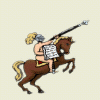
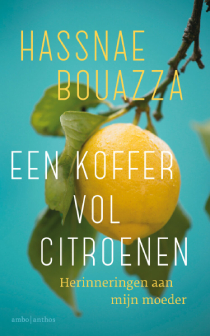
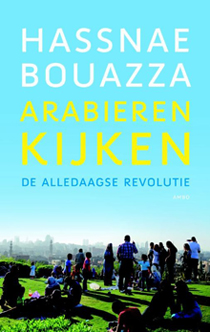
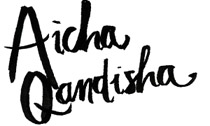
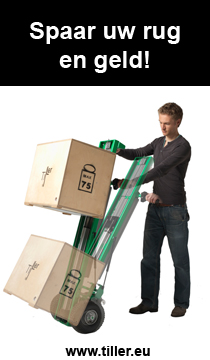
 RSS
RSS